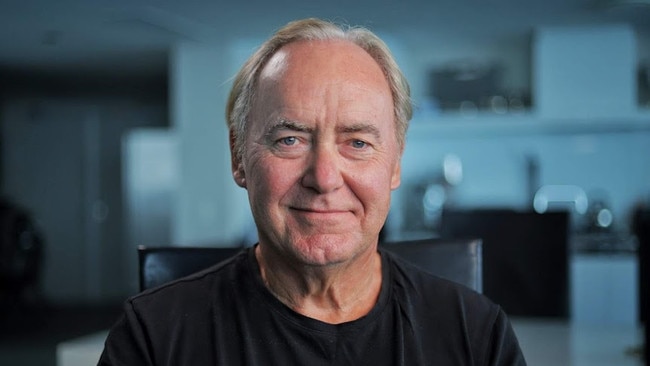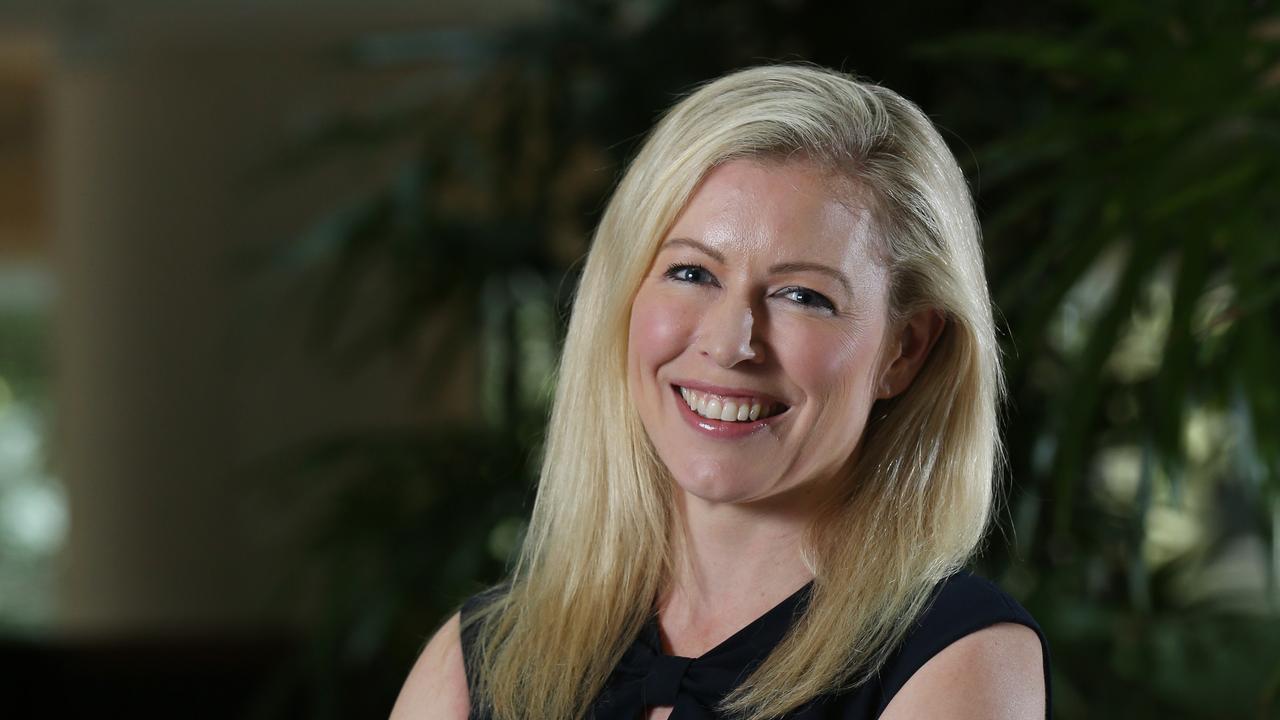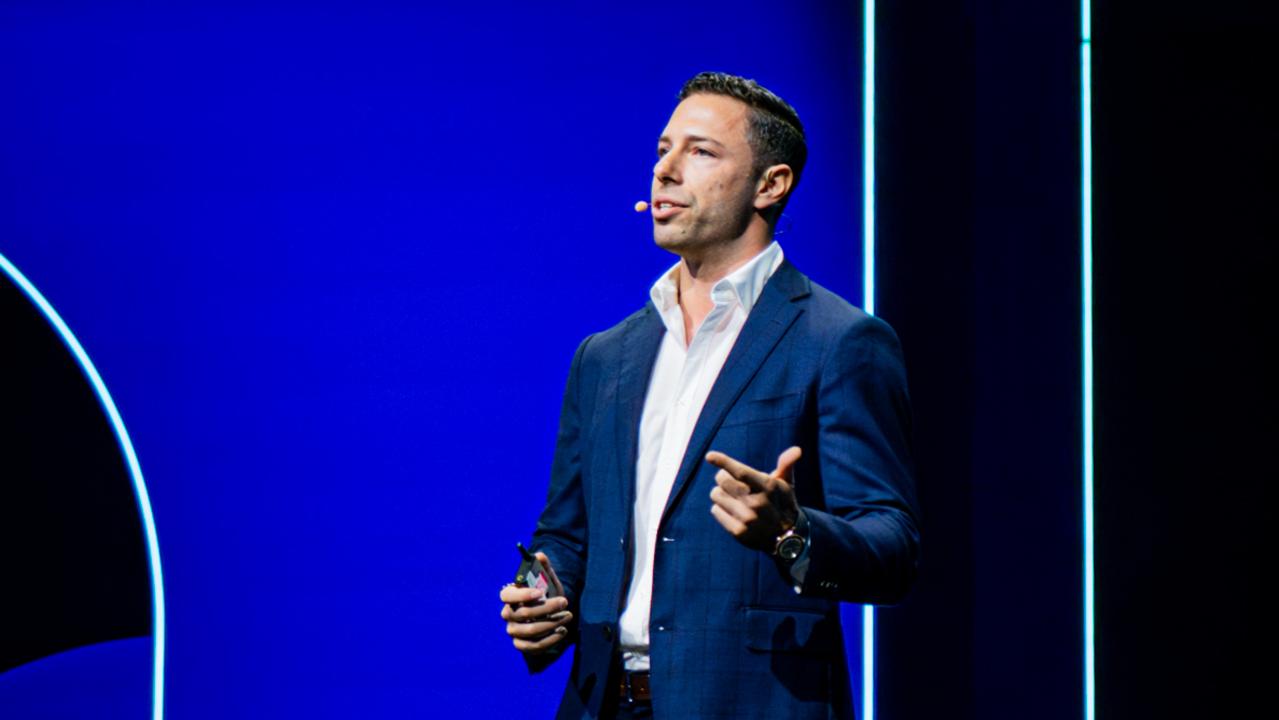As the election ads kick off, we can take a five-week break from the truth
As the election campaigns officially kick off, Toby Ralph reminds us that truth is collateral damage in social media algorithms.

The starter’s gun has been fired, and Australia can look forward to five weeks of politicians in hi-viz vests bribing us with our own money.
Ghastly propagandists like me will be attempting to woo votes with propositions that have only a casual relationship with commonsense, and less with truth.
There are endless calls for “truth in political advertising” but they are preposterously naive. Advertising is not information, it’s persuasion, and in political propaganda truth is often more inconvenience than imperative.
While political ads must be technically truthful, they live, at best, in the outer suburbs of veracity. We tend to find a scintilla of truth then build a cathedral of bullshit on it and hope it doesn’t collapse before the punters turn up at the polls.
Social media makes it worse, because for these eyeball-monetising, tax-avoiding multinationals there are few coppers on the beat, and the desire for income makes truth collateral damage. Lies breed there.
A huge slab of the $15bn advertising market has shifted from television, radio, press and print across to web-based channels.
Legacy media, as it is now called, has systems to ensure messages are fundamentally truthful, but much social media doesn’t.
There’s a far darker and more dangerous side to that income flowing from legacy media to web media. While TV, radio and newspaper outlets may have bias, they are obliged to be factual, and they pay reporters who hold politicians and business to account. But as their revenues evaporate, newsrooms are being hollowed out, investigative journalism is becoming a thing of the past and the infrastructure of truth in this country is slowly collapsing.
The money that once funded the fourth estate is pouring into the wallets of multinational audience mongers whose algorithms don’t discriminate between facts and lies. Many actively encourage outrage and enable siloed opinion with post-truth channels that see little distinction between entertainment and deceptions – they are all just ways to turn viewers into profit.
The Separation of Powers is being weakened.
People hate election advertising because it’s so negative, but 98 per cent of them don’t matter. In a typical election only 10 per cent of the seats might change hands, and within them only 20 per cent of people are soft and swinging voters. So, of the 17.9 million registered voters, only about 350,000 or so matter.
These soft and swinging voters tend towards cynicism. They are not stupid, just disengaged because they know whoever they vote for they’ll end up with a politician, and they mistrust them.
The key to securing their votes tends to be recognising that for them voting is not an act of endorsement, it’s vengeance. That means electioneers spend their time persuading them to despise the other guy more that they despise ours.
Many of these cynics wouldn’t vote if they didn’t have to, yet they will determine who wins.
Actually that’s not quite true, because parties don’t win elections, they lose them.
There are rarely winners in elections, just losers that get kicked out leaving someone standing that has reached what we call “minimum expectation”, until their turn comes to get the boot.
Albanese wasn’t voted in on a wave of popular support, Morrison was kicked out. Turnbull didn’t win, Rudd lost but he was only there because people had grown tired of John Howard, who took the job when Keating was thrown out. Hawke was a way to get rid of Fraser who had been the antidote to Whitlam and so on back through history.
Elections don’t reflect admiration of new politicians, just disgust with old ones. It’s not a parade of winners it’s a cavalcade of losers.
Politicians compete for attention with people who are fishing off jetties, fretting about their exam results, washing the car and painting the front fence – and they are far less important.
To hope to stand out they need to simplify their persona and stand for something in the mind of voters. It might be toughness, of-the-people relatability, superior business skills, or some other attribute – then they try to hammer this positioning with every media event they construct.
If a pollie is fundamentally unlikeable it’s time to wheel out their partner, who can blather glowingly about the private person so few see. If they are really awful you might need to drag out the kids, but the core of the argument in the zero-sum game of politics is “the enemy of my enemy is my friend”.
But after the five weeks of inflationary promises, misleading advertising, personal attacks and promises built to be broken, the curious thing is we will emerge with a healthy democracy.
According to the Economist Intelligence Unit’s Democracy Index, only 45.7 per cent of the world’s population lives in a democracy, and only 9 per cent in high-performing democracies like ours. Over one-third of the world’s population lives under authoritarian regimes, and the wind seems to be behind that trend.
Most elections are rigged – but ours are not. We change governments regularly, our politicians are held in check by, and accountable to, the public, media and the judiciary, which is far from the norm globally.
For that, at least, we can be grateful.
Toby Ralph is a marketer who, among other things, has worked on more than 50 elections across three continents.


